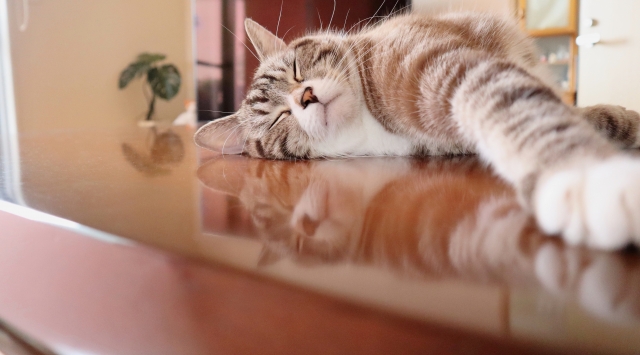As cats age, they require more attentive care and adjustments to their lifestyle to ensure they remain healthy and comfortable. Elderly cats, typically those over the age of 10, may face a variety of health challenges, but with proper care, they can enjoy their golden years. Here are detailed tips on how to care for your aging feline friend.
Understanding the Needs of an Elderly Cat
1. Regular Veterinary Visits: As cats age, the likelihood of chronic illnesses increases. Regular check-ups are crucial to catch and manage conditions like kidney disease, arthritis, and thyroid issues early. Ask your vet about senior care screenings and preventative measures.
2. Diet Adjustments: Senior cats have different nutritional needs. They may need diets lower in calories but higher in easily digestible protein to maintain muscle mass without gaining excess weight. Consult with your vet about the best diet for your aging cat’s specific health needs.
Creating a Comfortable Environment
3. Easy Access: Mobility can become an issue as cats age. Make sure food, water, and litter boxes are easily accessible. Consider litter boxes with lower sides for easy entry and exit.
4. Comfortable Resting Areas: Provide plush, comfortable bedding in several quiet areas of the house. Heated beds can help soothe arthritic joints, providing comfort and pain relief.
Managing Health Issues
5. Pain Management: Watch for signs of pain, such as reluctance to jump or climb, limping, or changes in grooming habits. Your vet can recommend medications to manage pain, especially from arthritis.
6. Mental Health: Cognitive dysfunction can occur in senior cats, leading to disorientation or changes in behavior. Engage your cat in gentle play and mental stimulation to keep their mind sharp. Simple puzzles or new toys can stimulate their senses.
Tailoring Daily Care
7. Hydration: Older cats are more prone to dehydration, which can exacerbate kidney issues. Encourage water intake by placing water bowls throughout the house or using a cat water fountain.
8. Grooming: Elderly cats may struggle with grooming, leading to matted fur or skin issues. Gently brush your cat regularly and check for any signs of skin infections or abnormalities.
Social Interaction and Affection
9. Quality Time: Spend quality time with your elderly cat. Petting, brushing, or simply sitting together can help maintain your bond and keep your cat feeling secure and loved.
10. Monitor Changes: Be vigilant about any changes in your cat’s behavior, appetite, or weight. Early detection of issues can make a significant difference in management and treatment.
Conclusion
Caring for an elderly cat requires patience, love, and adjustments to their changing needs. By paying close attention to their health, making their environment comfortable, and ensuring they have a suitable diet, you can help your senior cat enjoy their later years with dignity and contentment.




